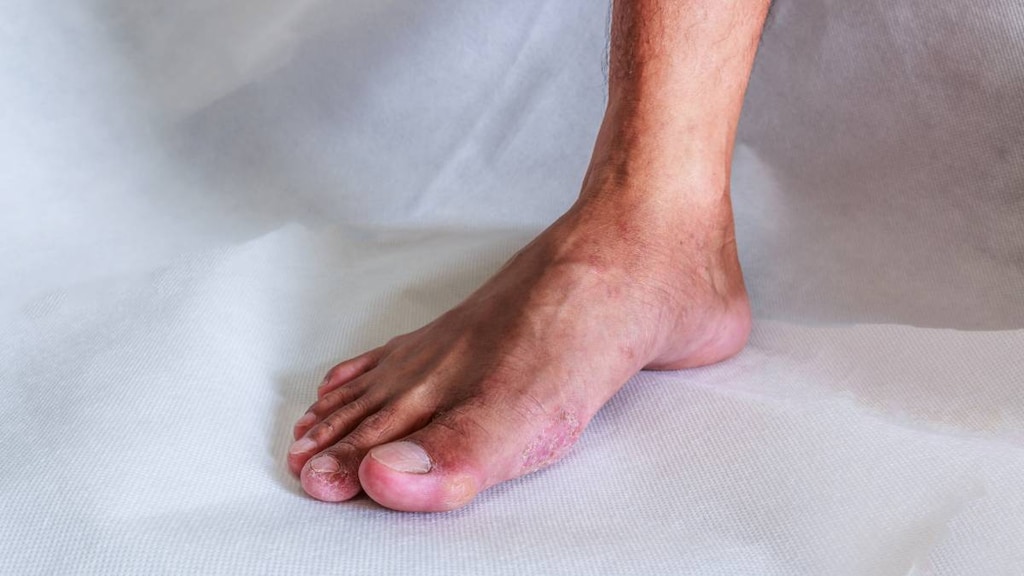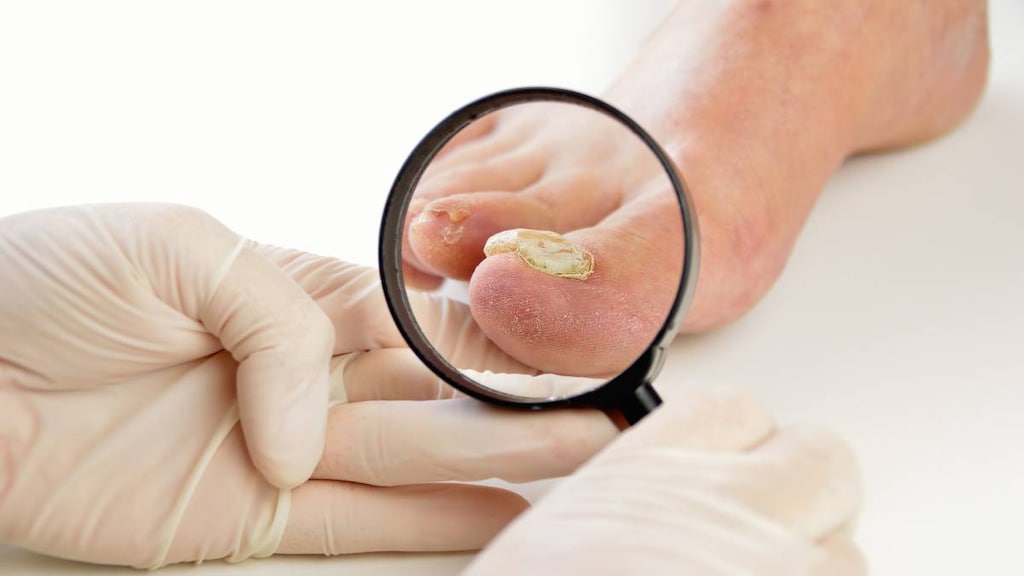
What are fungal infections?
Fungal infections occur when an invading fungus overcomes our immune system defenses and infects or colonizes part of our body.
Fungi live naturally in our environment and some live naturally in our bodies and there are many different types of fungal infections.
Most are mild although some can be serious and life-threatening in people with low immunity or with certain medical conditions.
What causes fungal infections?
Fungi are everywhere and there are at least 300 different types that can cause infection. Even the fungi that naturally inhabit our body and usually cause no harm can overwhelm our immune system and cause infection occasionally.
Fungal infections often begin on the skin or occasionally, in the lungs, because fungal spores are often present in soil, wet areas, or in the air.
Fungi that grow as single round cells are called yeasts and those that grow as thin long threads called hyphae are molds.
Fungal infections can be classified as primary (occur in people with a normal immune system) or opportunistic (take advantage of a weakened immune system).
What are the symptoms of fungal infections?
Fungal infections usually progress slowly. Most are not considered serious, unless a person’s immune system is weakened, or they have artificial devices (such as a heart valve or joint) in their body.
Symptoms vary depending on the type of fungal infection, for example:
- Fungal nail infections: Discolored, thick, brittle or crumbly nails
- Vaginal candidiasis: Vaginal itching, soreness, and abnormal vaginal discharge
- Athletes foot: Red, swollen, peeling, itchy skin between the toes and on the soles
- Ringworm: Itchy, red, scaly areas of skin; sometimes areas of hair loss
- Candida infections of the mouth, throat, and esophagus: White patches on the inner cheeks, tongue, throat, or roof of the mouth. A cotton-like feeling in the mouth. Redness and mild pain.
Certain fungi, such as blastomycosis, coccidioidomycosis, and histoplasmosis, can cause body-wide symptoms such as:
- Cough
- Chest pain
- Fatigue
- Fever
- headache
- Muscle aches and pain
- Night sweats
- Rash
- Shortness of breath.
People with a weakened immune system are prone to fungal infections not usually seen in healthy people. Symptoms can reflect serious, body-wide illness and include all of the above symptoms as well as weight loss, coughing up blood, and severe shortness of breath.
Rarely, fungal infections can develop after eye surgery or damage and cause eye pain, redness, blurred vision, and light sensitivity.
How are fungal infections diagnosed?
Many fungal skin infections are recognizable by their symptoms and can be diagnosed and treated by a pharmacist. See your doctor if you suspect you have a more serious fungal infection. They can take a culture of the infection and perform blood tests if necessary.
They may ask questions about your travel history if it appears you have been exposed to an unusual type of fungus. For systemic fungal infections, they will ask you about the medications you take and what other medical conditions you have. Other tests may be conducted if the diagnosis is unclear.
How are fungal infections treated?
Many fungal skin infections can be treated with over-the-counter topical antifungals so talk to your pharmacist or doctor if you have symptoms of a fungal skin infection.
For other types of fungal infection, treatment may include:
- Oral antifungals
- Topical antifungals
- Laser therapy (for fungal nail infections).

